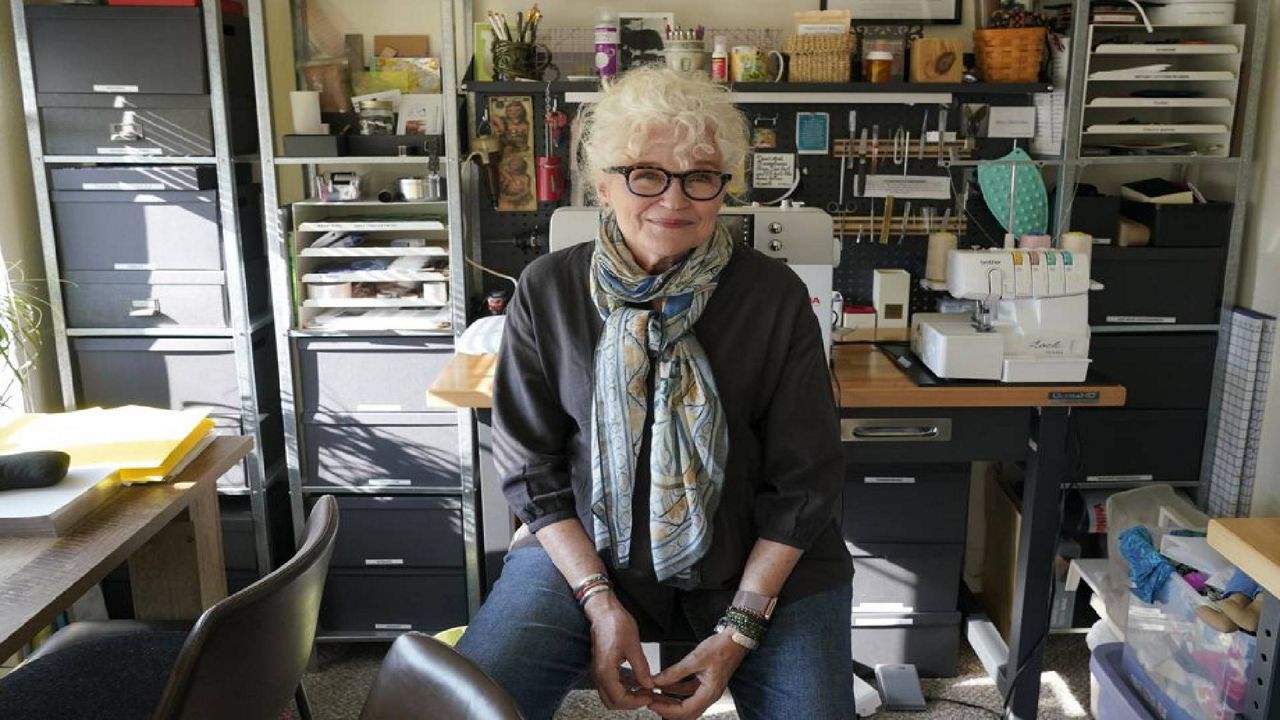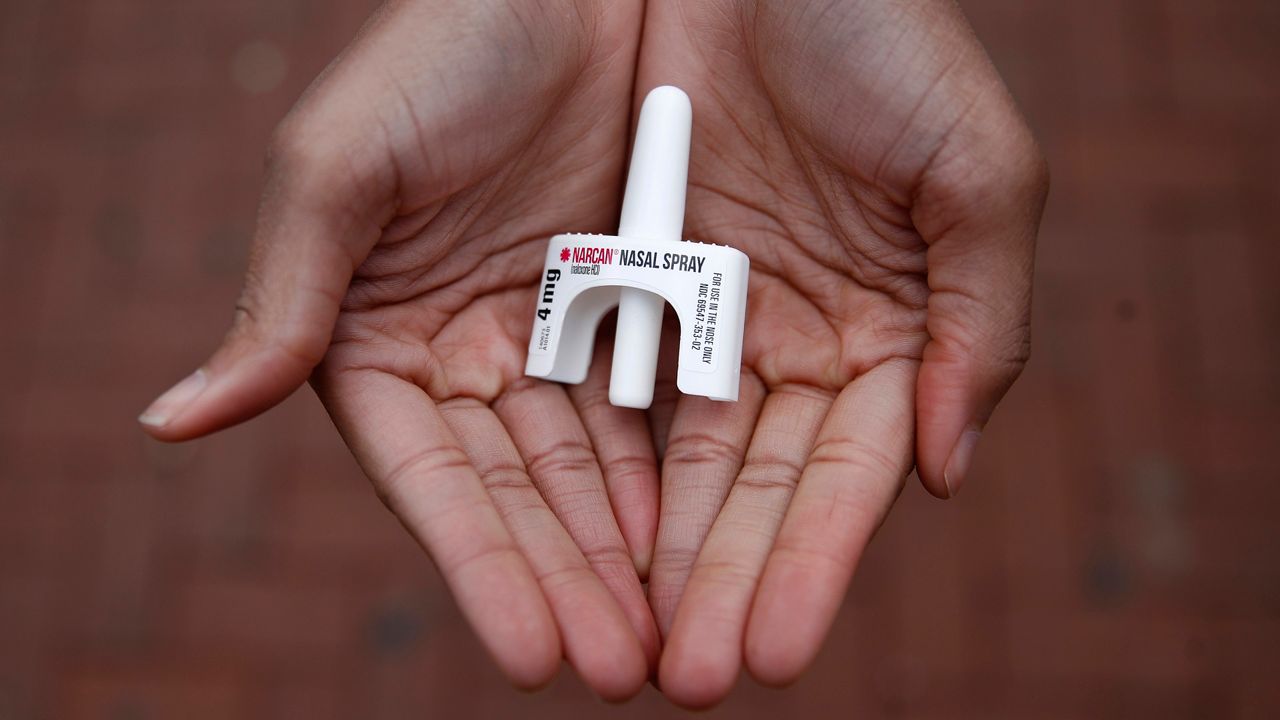MADISON, Wis.— It can feel like the weight of the world is on your shoulders.
Everything happening around us can be overwhelming. We’re in the middle of a pandemic that’s killed more than 5,000 of our fellow Wisconsinites. Racial injustice in America is at a tipping point. Now, rioters stormed the U.S. Capitol. It’s a lot. And they can add a lot of stress to just about everyone’s lives.
If you're struggling, you are not alone.
Madison licensed marriage and family therapist Justin Woodward has had a waitlist for months. He said most of the other therapists he knows have one too.
Woodward says he even had a rough night Wednesday after seeing what happened at the Capitol.
“I woke up in the middle of the night with some heartburn,” he says. “You can also take that symbolically; there’s a lot of pain in the world right now.”
It’s usually easy to spot the everyday ways these things have affected our lives. People are home more, socially isolated, and could have more responsibilities.
“Everybody struggles with self-care; everybody struggles with doing daily routines. People struggle with taking care of their bodies, getting enough sleep,” Woodward says.
But that stress can go even deeper.
“Sometimes prolonged stress is reflected in the brain as a trauma,” Woodward says. “That kind of trauma, the slow burn kind of trauma, is really hard to identify. Sometimes, until it’s too late.”
Years from now, when we’re able to remove ourselves from this time in history, we might realize just how severely it affected the mental health of our communities as a whole.
His number one piece of advice for those feeling overwhelmed is to take a time-out.
“You have to refocus your energy on what is right around me right now. Is there clutter? Is there stuff that I can do here? Is my body feeling like it needs to move? Am I tense? Do I need to like take a breath?” “Stop whatever you’re doing,” he says. “You have to refocus your energy on what is right around me right now. Is there clutter? Is there stuff that I can do here? Is my body feeling like it needs to move? Am I tense? Do I need to like take a breath?”
He says it’s all about grounding ourselves, recognizing where we are, and what we have power over.
“These things in the moment, in our immediate vicinity, are the things we can control.”
Once you get the information you need, it’s healthy to log out of social media. And turn off the news.
“I know I’m saying this to a reporter,” he laughs.
“I’m a reporter, and I’m gonna tell people to turn off the news when they’re overwhelmed,” I say, as I laugh along with him.
Friendly reminder that the journalists working hard to bring you all the information you need don’t get to take a break from it.
“We can very easily get sucked into things like doom-scrolling… We don’t have any control over [what’s happening in the world],” he says. “It’s important to refocus your attention.”
Woodward says having a routine can help protect you against some of that prolonged stress.
“Get lots of exercise; try and balance your sleep as well as you can,” he says. “The more healthy things that you replace into your routine, the more that trauma has less to hold on to, and you can actually sort of coast through it.”
He says this is the time to practice forgiveness, both toward others and yourself.
“I think we're all operating at about 60% right now. And some of us less and some of us more, but, if we average it, I think that's where we're all at. And that's okay.”
Woodward says if you’re unable to manage everyday life and relationships, or you feel stuck and like you “tried everything”, that could mean it’s time to seek out help.
Still, so many therapists are booked solid right now. He says as you call around, expect to hear that they’re not taking new patients, and just keep trying.
Not giving up will pay off.










